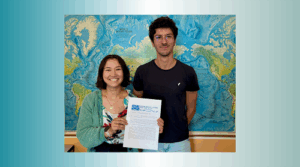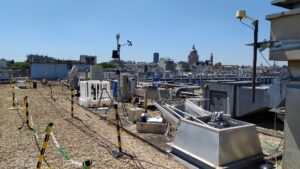Séminaire
The importance of evolutionary potential in conservation decision-making
Brenna Forester
Séminaire d’équipe de biogéochimie (Département de Géosciences, ENS).
Description
The complexity of global anthropogenic change makes forecasting species responses and planning effective conservation actions challenging. Additionally, important components of a species’ adaptive capacity, such as evolutionary potential, are often not included in risk assessments due to a lack of data.
While genomic proxies for evolutionary potential in at-risk species are increasingly available, they have not yet been included in extinction risk assessments at a species-wide scale. In this talk, I’ll review proxies for evolutionary potential that can be incorporated into qualitative and quantitative assessments of extinction risk.
I’ll then provide a case study of a quantitative assessment of climate change vulnerability in an endangered desert songbird, the southwestern willow flycatcher (Empidonax traillii extimus). Using an individual-based, spatially explicit, dynamic eco-evolutionary simulation model, we integrate demographic and habitat data with genomic proxies for evolutionary potential to evaluate population trajectories under various climate change scenarios and impacts.
These simulations illustrate the value of incorporating evolutionary, demographic, and dispersal processes in a spatially explicit framework to more comprehensively evaluate the extinction risk of threatened species and conservation actions to promote their recovery.
Informations supplémentaires
Lieu
Département de Géosciences, salle E314 (3e étage, couloir orange) • 24, rue Lhomond 75005 PARIS






